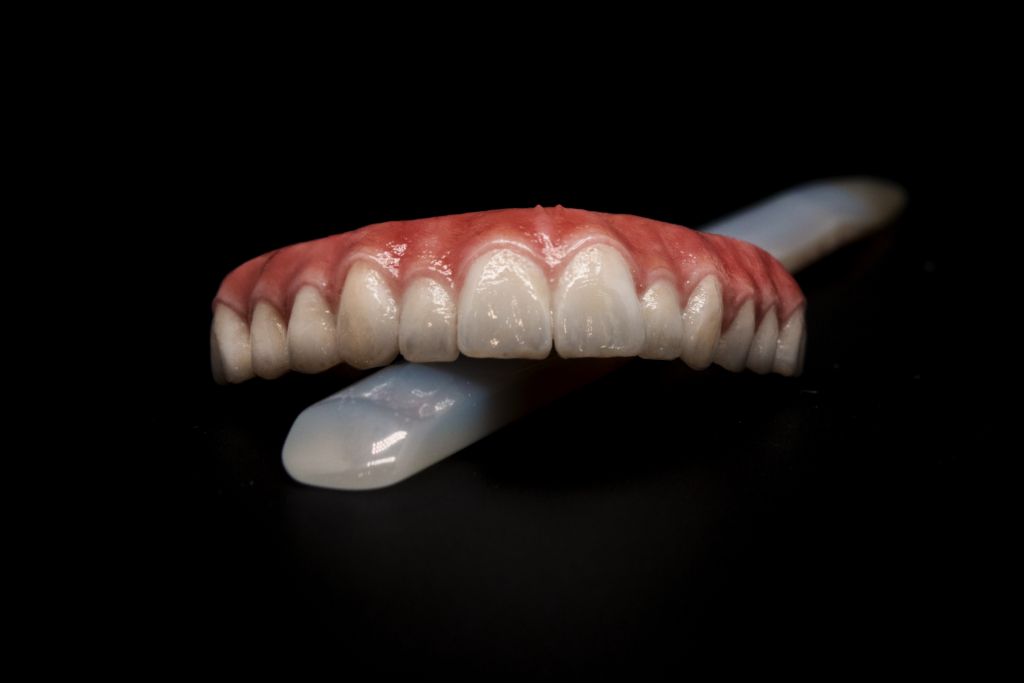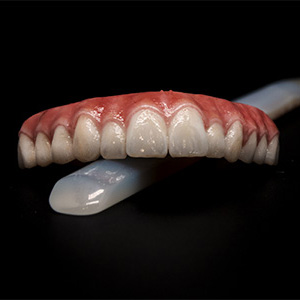
As a full arch restoration specialist, we have seen the transformative impact that dental implants can have on a patient’s quality of life. Dental implants are a popular option for patients who have lost one or more teeth due to injury, decay, or other oral health issues. However, many patients have questions and concerns about the procedure. In this blog, we will address the top 10 questions patients ask about dental implants.
- What are dental implants? Dental implants are artificial tooth roots made of titanium or other materials that are inserted into the jawbone to support replacement teeth or bridges. They provide a sturdy foundation for a variety of dental restorations, including crowns, bridges, and dentures.
- How long does the procedure take? The length of the dental implant procedure varies depending on the complexity of the case. Some patients can complete the process in as little as three months, while others may take up to a year or more.
- Does the procedure hurt? Most patients experience some discomfort during the dental implant procedure, but local anesthesia and sedation can help minimize the pain. After the procedure, patients may experience swelling, bruising, and mild discomfort, but these symptoms typically subside within a few days.
- What are the benefits of dental implants? Dental implants provide a variety of benefits, including improved oral health, better speech, increased comfort, and a more natural appearance. They also help prevent bone loss and can improve overall quality of life.
- Who is a candidate for dental implants? Patients with good oral health and sufficient jawbone density are usually good candidates for dental implants. However, those with certain medical conditions, such as diabetes or cancer, may not be eligible for the procedure.
- What is the success rate of dental implants? The success rate of dental implants is very high, with up to a 95% success rate reported in some studies. Factors that can affect the success rate include the patient’s overall health, the quality of the bone, and the experience of the dental implant provider.
- How long do dental implants last? Dental implants are designed to last a lifetime with proper care and maintenance. However, factors such as poor oral hygiene, smoking, and certain medical conditions can affect the longevity of the implants.
- How do I care for my dental implants? Proper oral hygiene is essential for maintaining the health of dental implants. Patients should brush and floss regularly and visit their dentist for routine checkups and cleanings. It is also important to avoid chewing on hard objects and to quit smoking.
- Are there any risks or complications associated with dental implants? Like any medical procedure, dental implants carry some risks and potential complications. These can include infection, nerve damage, implant failure, and damage to surrounding teeth and structures. However, these risks can be minimized by choosing a skilled and experienced dental implant provider.
- How much do dental implants cost? The cost of dental implants can vary depending on a variety of factors, including the number of teeth being replaced, the complexity of the case, and the location of the dental implant provider. However, dental implants are often considered a cost-effective option in the long-term because they can last a lifetime with proper care and maintenance.
In conclusion, dental implants are an excellent option for patients who want to restore their smile and improve their oral health. If you are considering dental implants, be sure to consult with a skilled and experienced dental implant provider who can answer any additional questions you may have and guide you through the process.
Ready to get your smile restored? Contact us today to book your free consultation in our Bozeman, Montana office.


